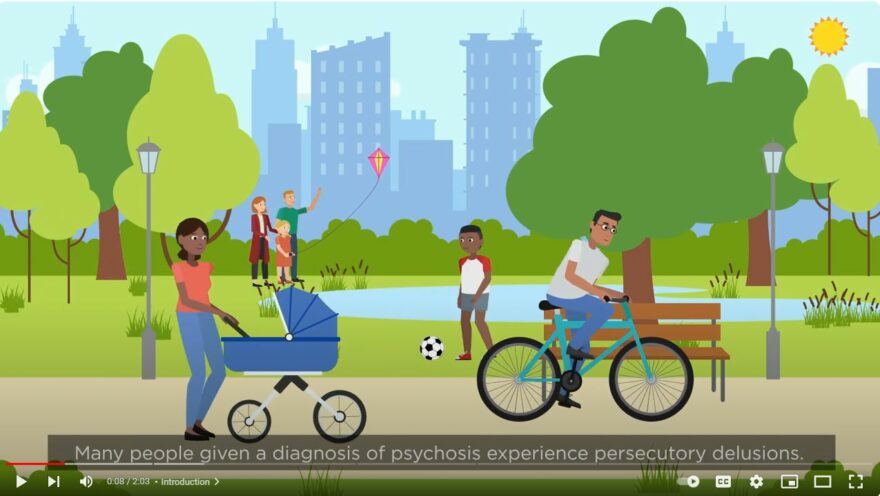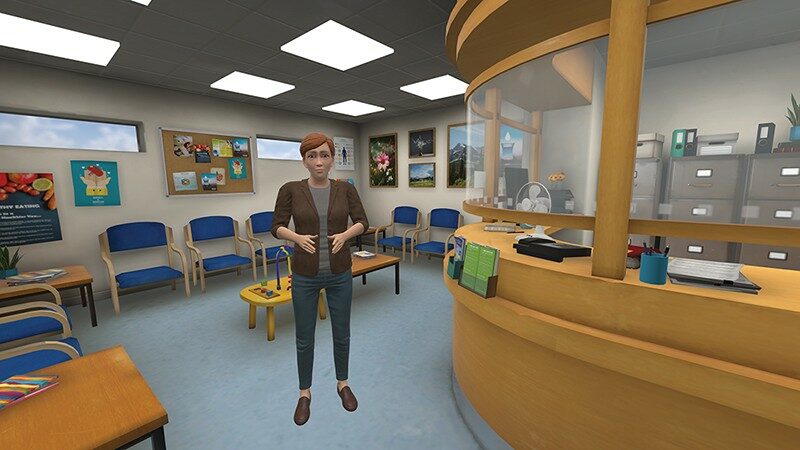Project Overview
The Feeling Safe study aims to understand the effectiveness of a new psychological therapy to help people who have persecutory delusions (strong unfounded fears that others intend harm to them).
Watch a video that explains Feeling Safe here.
The study has two arms. In the first arm, people received the new Feeling Safe therapy. In the second arm, people received befriending.
The Feeling Safe therapy is based on Cognitive Behavioural Therapy (CBT) and made up of a series of modules on topics such as sleep and worry. Befriending provides regular time for people to talk with someone able to listen, understand and provide emotional support. People were allocated to the two arms randomly.
The study, funded by the National Institute for Health Research (NIHR), was led by Professor Daniel Freeman from Oxford University and research took place in Oxford, Berkshire and Northamptonshire.
If you would like more information about the Feeling Safe study, please click here.

Project details
Persecutory delusions are unfounded beliefs that others are trying to harm the person. It is well-recognised that treatments for persecutory delusions need to be improved, given that medication has been shown to have limited effect.
The new Feeling Safe therapy is designed to help people feel safer, happier and to be more active, and this project wanted to test whether it works so it could be possible to use it more widely in NHS services.
To determine whether it works, we compared it to another type of support that has known benefits: befriending.
McPin facilitated a Patient Advisory Group (PAG) for the study. We also conducted interviews to explore people’s experiences of receiving the Feeling Safe therapy.
The study began in February 2016 and ran until October 2021.
The findings are shared in our project paper: A life more ordinary: A peer research method qualitative study of the Feeling Safe Programme for persecutory delusions
You can also read the results paper of the main Feeling Safe study here.
And read a blog from one of the study researchers, including quotes from the advisory panel members, here.
There is now a follow-on study, Feeling Safer, which began in 2023. Find out more about it on the project page.
For more information on the project please email [email protected].
Project resources

Psychological support for fears about other people

A life more ordinary

Comparison of a theoretically driven cognitive therapy (the Feeling Safe Programme) with befriending for the treatment of persistent persecutory delusions
Related blogs
Related projects
Work with us
We are always excited to hear from others who want to collaborate on mental health research. From delivering peer research to helping you with public involvement strategies and providing training, get in touch to chat.









